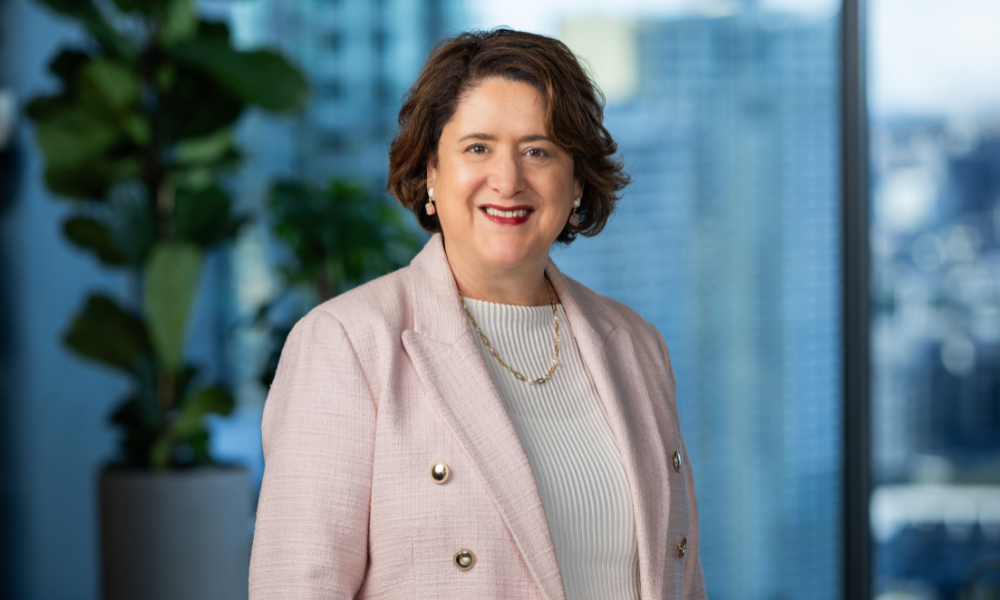
Martin made her comeback to the profession at 44 – and has stuck with it since

Vicky Martin left the law twice – once to travel, and again in the middle of studying for her law degree.
At the age of 44, as a mother of two teenagers, Martin decided to finally finish what she started and completed her legal studies. Today, she’s become a wills and estates superstar at Thynne + Macartney, where she was recently promoted to special counsel.
In this interview, Martin talks celebrating a very special 50th birthday, the biggest challenge in wills and estates law, and spending more time with clients.
In the first instance I suspect that law chose me rather than the other way around! I began working as an office junior/outside clerk in a law firm just two weeks after finishing school. I worked in this role for six months before becoming a secretary for a family lawyer and held this role for two years. I left the law a couple of times in my life – first, when I was young and went travelling overseas. Another time I was three years into my law degree when I decided I didn't want to be a lawyer, so I walked away from my degree while working as an interviewing officer at the Public Defender's Office.
I was working as a paralegal in a wills and estates firm and was encouraged by various people to return to study law. At the age of 44 I returned to studying a full-time load and working full time with two teenage children and set myself a goal to be admitted before I turned 50. I was admitted just one day before turning 50 so that was quite a birthday!
The people are my favourite part of the job. I am lucky to work with a collegiate team and to have the opportunity to make a positive difference to people's lives when they are contemplating or living through a difficult stage of life and often one of their biggest fears. My job is to help them prepare for end of life to protect those they love when it does happen (because it will eventually happen).
Thynne + Macartney is a Brisbane-headquartered firm that has a long and proud history of helping clients throughout Queensland. Last year the firm celebrated its 130th anniversary with their clients in a sensational evening of Pub Choir and this year there are several initiatives happening as the firm embarks on its next 130 years focused on clients, technology (who isn't) and community service.
My recent promotion to special counsel feels pretty special but I have also had a couple of other "wins". I have had a couple of particularly difficult estate litigation matters over this time. It gave me great satisfaction to be able to achieve a good outcome for my very deserving clients.
My biggest lesson from last year (and probably every year as a lawyer) is to be your authentic self and don't try to be someone you are not.
I am lucky to work in a firm very focused on delivering work/life balance and protecting its culture and I see the difference this makes to the workplace and the people who work within this law firm.
The biggest challenge in the wills and estates practice is the generational transfer of wealth and how to make this effective transition without damaging family relationships and paying money to lawyers because of family disputes. According to a report by JBWere, it is expected that nearly $5tn is due to pass from baby boomers and their parents to the next generation by 2034.
Spending more time out and about with clients. The nature of being a wills and estates lawyer means that personal relationships are important and that it is an area of law that touches everybody at least once in their life (and probably more). I spend a significant amount of time offering workshops about wills and estates in the community which lets me interact with people from all walks of life and different family relationships. Seeing the relief and peace that people feel when they can find solutions and put their minds at ease provides me with a lot of joy in my work.
To be honest I think I have ended up where I was meant to be, so law is it!